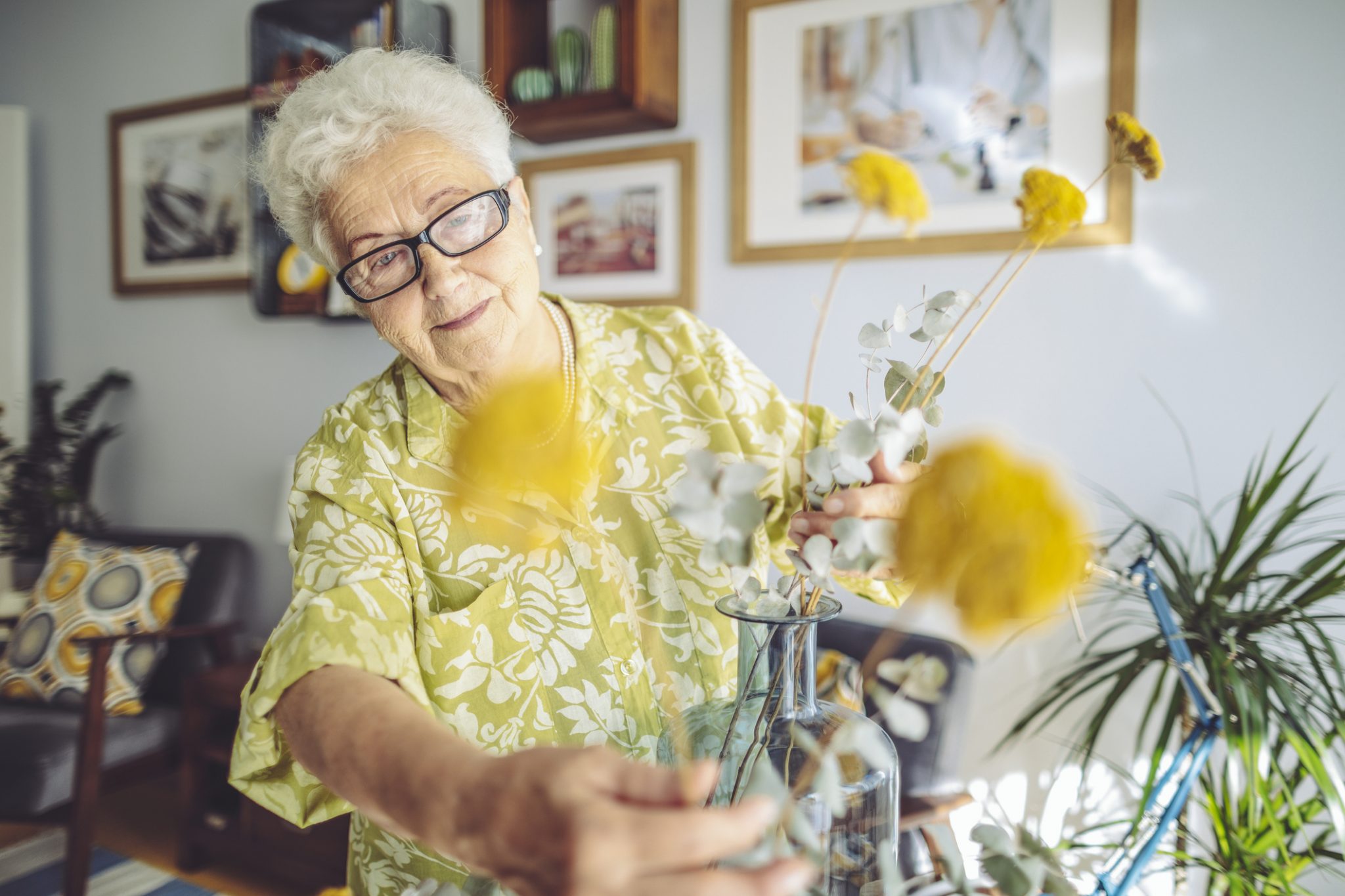How to Stay Healthy When Stuck At Home

November 11, 2021
Staying home is essential for “flattening the curve” and preventing the spread and potential exposure of COVID-19, but the change in routine is leaving many in unfamiliar territory – especially when it comes to leading a healthy lifestyle.
Here are some tips for staying healthy during home quarantine:
- Keep a clean home environment. If you must venture out to the grocery store or pharmacy, be mindful that contact with other individuals increases your risk of being exposed to COVID-19 and spreading bacteria. Reduce your risk of spreading germs in the home by:
- Immediately washing your hands with soap for 20 seconds or longer upon each return home
- Cleaning and disinfecting high-touch surfaces daily, including door knobs, light switches, remotes, toilets and sinks
- Keep your workouts going virtually. With many states mandating closures of public facilities, including gyms, those who have committed to a fitness routine are finding themselves in a bind. Fortunately, there are plenty of exercises that can be done at home with little or no equipment, such as:
- Taking a long walk around the neighborhood
- Watching a yoga video on YouTube
- Performing bodyweight exercises, such as push-ups, pull-ups, wall squats and sit-ups
- Take a free class online like those offered by Tilton Fitness.
- Try to stick to a meal schedule. If you have stocked up the kitchen in preparation of being quarantined, you or your family member may be finding it difficult to follow a regimented meal plan and feel inclined to reach into the cabinets for extra snacks throughout the day. Meal preparation and designated meal times will help to:
- Regulate consumption and prevent overindulgence
- Ensure a well-balanced diet
- Avoid the temptation of ordering take-out foods that can be highly processed or packed with more saturated or trans fats
- Take care of your mental health. While it’s important to stay abreast of the latest information regarding COVID-19, it’s easy to become wrapped up in the information about the pandemic, increasing stress and anxiety levels. Stress-reducing strategies include:
- Giving yourself breaks from the news and social media
- Getting plenty of sleep
- Practicing meditation
- Engaging in video chat with friends and family
- Stay hydrated. Adequate water and fluid intake helps to keep your body strong and have the ability to fight off viruses and infection, but inevitable home distractions may get in the way of ensuring you’re drinking enough water. Follow hydration techniques such as:
- Tracking fluid intake through various apps that are available
- Drinking a glass of water before every meal
- Adding natural flavor to water through fruit infusion
- Utilizing a large reusable water bottle
- Replacing other drinks like soda or coffee with water or seltzer
The material provided through HealthU is intended to be used as general information only and should not replace the advice of your physician. Always consult your physician for individual care.
Reduce Your Fear of Needles

A fear of needles can seem debilitating. Here are some tips to help overcome the phobia.

Feel Pandemic Guilt? You’re Not Alone. Here’s How to Overcome It.
The coronavirus pandemic has stirred a variety of emotions and feelings within everyone.

7 Ways to Stimulate Brain Health During a Lockdown
Periods of stress can affect many areas of brain function, including memory, attention, thinking, mood (including anxiety and depression) and sleep,

Sleeping Better During a Crisis
As we adjust to life after quarantine, it’s important to not let new habits form that can be disruptive to your sleep.

What Makes a Child Tic?
Frequent eye blinking, facial grimacing, shoulder shrugging, sniffling, repetitive throat clearing or uncontrolled vocalization; these are all symptoms of a tic. Our pediatric neurologist shares the most common questions parents ask surrounding their child’s tic.
